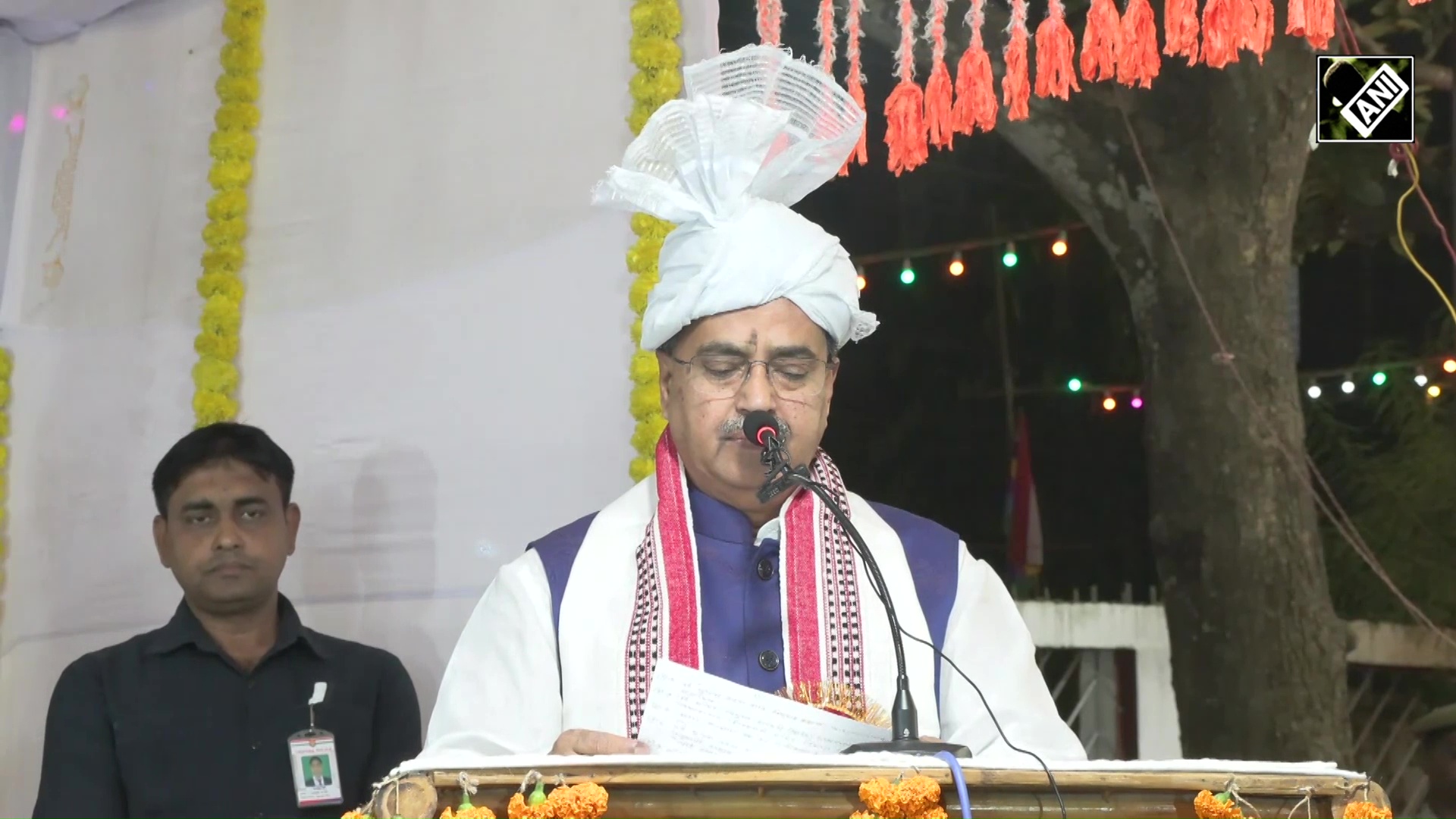US and Europe witness almost 42 percent drop in repeat offences with DNA database - India to follow suit?
Mar 15, 2022

New Delhi [India], March 15 (ANI/BusinessWire India): Alarming rate of sexual crimes and repeat offences against women and children is drawing active participation from the government to fast track solutions. Across states, efforts are being made to ramp up DNA capabilities and infrastructure to reduce the pressure of backlogs in forensic labs and case pendency in courts.
Experts claim that the DNA Technology (Use and Application) Regulation Bill will be a significant step in this direction to catalyse action and provision for a national and regional level DNA database of criminal offenders. This can substantially reduce crime rate in the country., as studies conducted by Prof Jennifer Doleac (Texas A&M University) show how Europe and the US have been successful in bringing down repeat offences by 42 per cent, on average. And it shows statistically, a 10 per cent increase in the database helps reduce rape offences by almost 7 per cent!
Dr Pinky Anand, Senior Advocate, Supreme Court of India explained, "DNA database has benefitted countries in one of the most efficient and effective ways while solving sexual crimes, exonerating the innocent and mitigating repeat offences. Access to DNA evidence in any criminal case can make or break its outcome. In other countries where DNA database has been created, DNA testing is a routine part of investigating and prosecuting all types of criminals and is often an important tool in achieving justice for survivors of sexual assault. It is also believed that mere existence of DNA database can help us prevent repeat offence while discouraging the would-be criminals."
In Maharashtra alone, a total of 2,600 cases related to sexual assault on children and women are pending with state forensic laboratories as of January 2022. And over 2,29,000 cases connected to women facing attacks are still pending in court. As per recent news reports, Maharashtra Home Minister Dilip Walse said, "there are plans to set up new forensic labs, and administrative approval has come in for setting up fast track DNA units in Nashik, Aurangabad and Amaravati." The government will therefore have to actively scale DNA capabilities in the country and improve DNA infrastructure as well as recruiting quality manpower.
As per the National Crime Records Bureau (NCRB) data published in September 2021, over 4 lakh crimes against children have been committed in the last three years. Experts believe that 25 per cent of cases account for child sex abuse, the majority being cases of a repeat offence. With the constant growth in crime rate, the burden on the Forensic Science Laboratories (FSLs) has increased, adding to increased backlogs and poor conviction rates. This is in turn delaying the DNA evidence testing process and justice delivery system.
DNA database has been very effective in preventing repeat crime in many countries. In South Africa, a man was confirmed to be a serial rapist after being positively linked to 60 rape cases through DNA identification. He was arrested on a single rape charge and DNA collected had matched evidence gathered in 59 other cases. In the absence of a criminal offender database, however, it could take years to solve the case. In Malaysia, a man abducted and raped a 12-year-old girl in 2002. It was only after 12 years that he was arrested for alleged theft and his DNA matched with the sample taken in the rape case.
Dr Vivek Sahajpal, Assistant Director (DNA Division) Himachal Pradesh FSL added, "A national offenders' database will help the crime investigation agencies to a huge extent and act as a deterrent. Through the database, it is easy to identify a repeat offender and also exonerate an innocent person. The investigation is efficient and the conviction is faster. It will help citizens believe in the judicial system. If it is a blind case, the DNA samples from the scene can be matched with the already existing profiles in the database. We might have a chance that it matches, resulting in conviction. On the other hand, DNA evidence is also a crucial tool in proving an accused innocent, when he or she might not have been involved in the heinous crime."
In recent years, there has been a significant increase in the demand for DNA testing in India in light of developments in heinous crime proceedings such as the Kotkai Gudiya incident. In this case, the suspect was narrowed down by the CBI based on his DNA samples which matched with the evidence collected. The accused was convicted by the Trial Court on the fact that the DNA from his blood sample matched with the semen on the clothes of the victim.
In another case, the DNA test report exonerated an 18-year-old boy from Kerala who served a prison term for over a month after being falsely accused in a POCSO case. It is evident that the growing application of DNA evidence has enhanced law enforcement's ability to solve cases efficiently and to exonerate innocent suspects more quickly.
DNA forensic evidence is undeniably the world's best crime-fighting technology, it is most conclusive in building conviction in cases of sexual offence and is being widely accepted and applied by most nations in crime investigation. Over 60 countries have already implemented the national offender DNA database and it is imperative now for India to institutionalise one.
This story is provided by BusinessWire India. ANI will not be responsible in any way for the content of this article. (ANI/BusinessWire India)
















